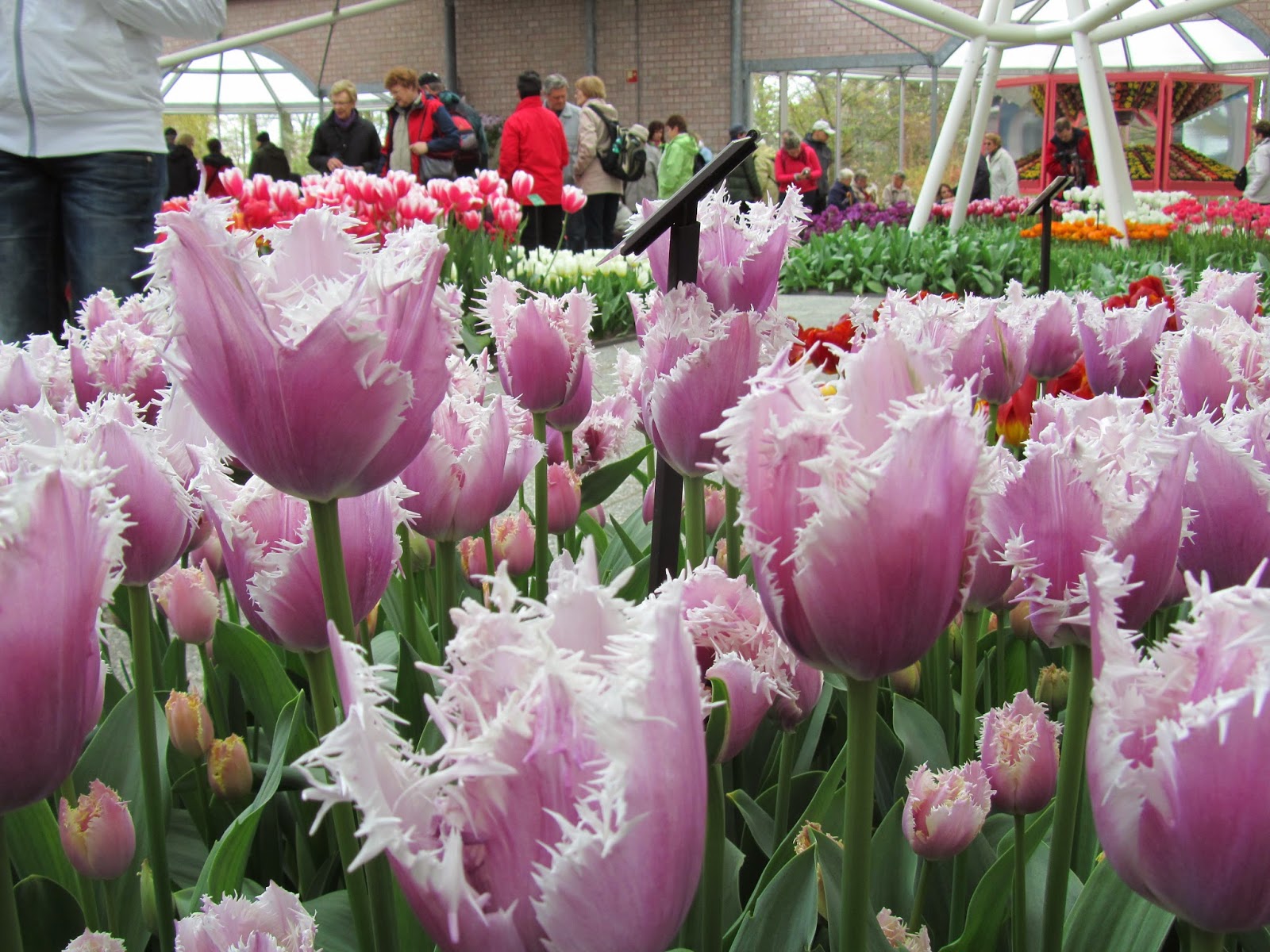My passion from the time that I left school was for
caving. My classmate Jim and I met up almost every weekend to pursue this
hobby. We did not spend our earnings in the pub like most of the lads at that
time, but on ropes and gear for caving.
The thrill of finding a new cave system and knowing
that no one had ever stepped foot there before was akin to an addiction. On
the weekends when the weather was too inclement, we would pour over old maps,
eagerly planning the next trip.
We heard an old folk tale about a smugglers cave in
Devon, where kegs of whiskey and other contraband used to be stored, but the
exact location was no longer known. This was a challenge which we embraced
gladly. We read old newspapers dating from the early 1800s and examined ancient
maps. We identified a cove where smugglers boats had been known to land and
knew that this would be our starting point.
We chose a Bank holiday weekend for our search to
allow us extra time, packing our tents, provisions and gear well in advance in
order to make an early start. The weather was glorious, cloudless skies, bright
sunshine and a hint of a sea breeze. Arriving at the location we set up camp
and commenced searching among the craggy rocks above the secluded cove.
Our first find was of a sink hole, far too small to
enter, but on dropping a stone down, we heard the splash of water far, far
below. There was definitely a cave system underlying the sloping cliff surface.
Then I heard Jim call excitedly from 100 yards or so to my right. He had found
the entrance to a cave, narrow but passable.
We geared up with our ropes and head lamps and I
went first, squeezing my way through the opening. I had to crawl on my hands
and knees for some distance until the passageway began to open up. The ground
underfoot was dry and sloped quite steeply as it widened out eventually into a
large cavern.
We stood together and marvelled at the large space.
Several chinks of light played on the floor of the otherwise dark cavern. There
was an ink black small pool in the centre, but the perimeter was dry and there
were natural rock ledges on one side which would have been perfect for storage
of wooden boxes or kegs. The roof and walls were solid and there was no
evidence of any recent rock fall.
We continued to stand, playing our headlamps around
the walls and roof until we both intuitively moved to the perimeter, examining
the rock and looking for clues as to the possibility that this was the
smugglers cave. Jim walked around the dark pool and began to explore an
additional small chamber. I thought I saw something glinting in a pile of
stones and went over to investigate it more closely.
I put my hand down and picked up a silver coin,
dated 1850. As I turned it over in my hand, I suddenly felt as if there was a
presence beside me and turned to see a shadowy figure in the gloom; a tall,
wiry man in a rough leather coat, with his long lanky hair tied in a ponytail.
He seemed to look at me before very quickly disappearing from view.
Instinctively I did not shout for Jim as this seemed to be a private,personal
experience which I did not want to share. There was an overpowering aroma of
wet tweed mixed with sweat which lingered for a minute or so.
I put the coin in a pocket, determined not to show
it to anyone. As we clambered out into the sunshine again, I wondered if I had
imagined the figure in the cave, but the coin was very real. To this day Jim is
unaware of my find. Sometimes I pick up the coin again and turn it over slowly
in my hand, and can still smell that intriguing, unpleasant aroma briefly.
CPJan2014




